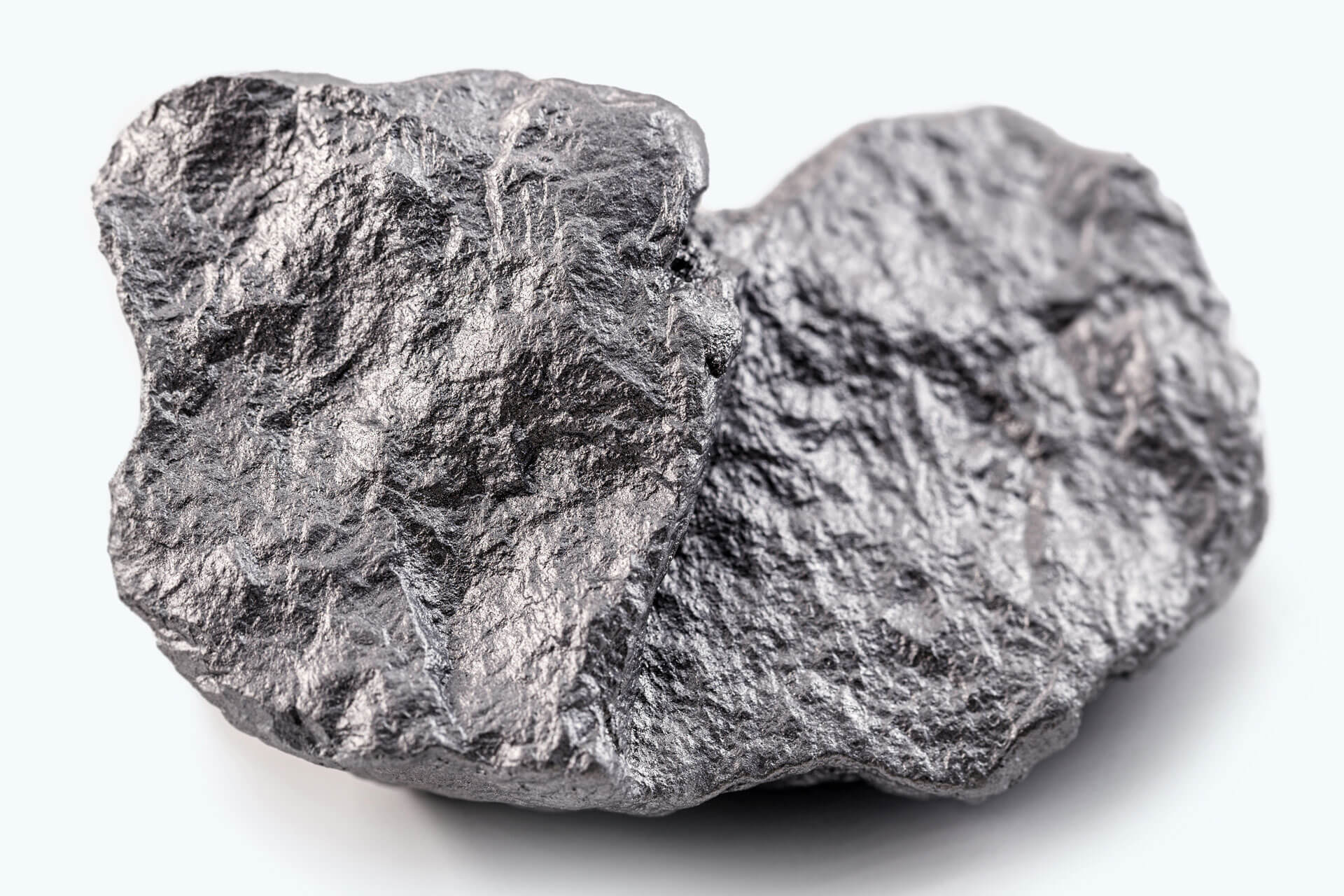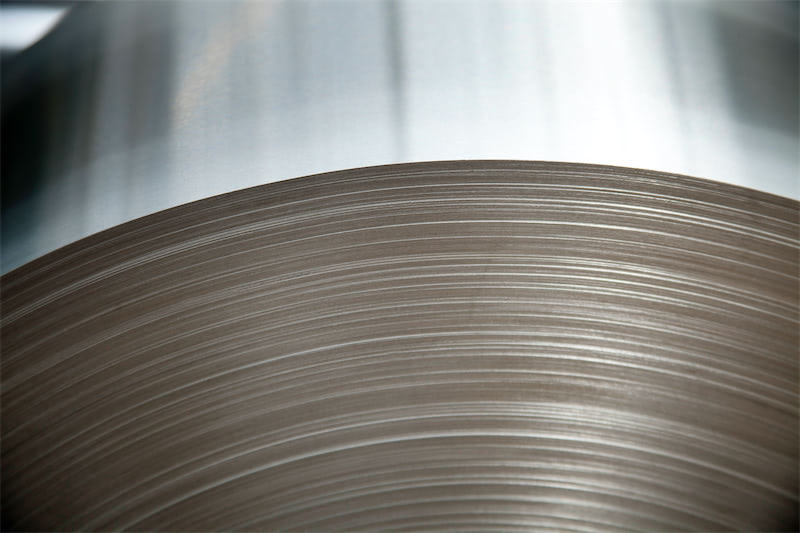SHANGHAI, Feb 2 (SMM) - According to media, on January 30, the Minister of Department of Environment of the Philippines (DENR) made a speech, hoping that the Philippines will not only play the role of an ore exporter in the nickel supply chain, but also participate in other segments in the nickel value chain. At the same time, the Department of Trade and Industry (DTI) of the Philippines is also studying whether to tax or ban the export of nickel to support the government's development of the local nickel industry and engage in the new energy vehicle battery supply chain. The Philippine government once again proposed to increase the export tax of nickel ore since the middle of 2022 in an effort to attract foreign investment in its own metal processing industry. It can be seen from a series of action of the Philippines’ government that after Indonesia’s ban on ore export and the successful industrial upgrading, the Philippines, as one of the countries with the richest nickel reserves in the world, is also eager to deeply develop its downstream processing industry via the help of the nickel ore policy with the ultimate goal of boosting the economic development of the Philippines.
Let us first review Indonesia's path in the development of nickel resources. After two rounds of banning nickel ore export in 2014 and 2020, a large number of nickel and stainless steel enterprises went to Indonesia and invested in production. By the end of 2022, the production capacity of Indonesia's RKEF production lines has reached nearly 2 million mt in Ni content, and the capacity of stainless steel was 7 million mt. And with the development of the new energy industry, the scale of hydrometallurgy intermediate products such as nickel matte and MHP has been expanding as well. By the end of 2022, the overall capacity of intermediate products in Indonesia has amounted to 400,000 mt in nickel content. In addition, according to the report of the Indonesian Ministry of Maritime Affairs and Investment Coordination, the export value of Indonesian nickel was US$ 33.8 billion in 2022, an increase of over 900% compared with 2018. Clearly, Indonesia has achieved remarkable results in the "ore export ban" initiative.
The Philippines, which is also rich in laterite nickel ore resources, seems to be able to follow Indonesia's approach to further deepen the country's nickel industry. And in recent years, the grade of nickel ore resources in the Philippines has been declining. Under the background of the sharp reduction of medium and high-grade nickel ore resources, the development of new energy battery will help to improve the value of low-grade nickel ore resources in the Philippines. At the same time, the President of the Philippines stated at the China-Philippines "Nickel Ore Processing, Battery/Electric Vehicle Industry and Manufacturing Industry Roundtable" at the beginning of the year that the Philippines will introduce more fiscal and non-fiscal policies in the future to provide protection for investors. This will bring policy support for the upgrading of nickel industry in the Philippines. The abundant resources and policy preference mentioned above are the reasons why the Philippines may replicate the path of Indonesia's nickel industry. However, there are still some prominent problems in the refining of nickel processing industry in the Philippines.
First of all, the amount of reserves of nickel ore resources in the Philippines is much less than those in Indonesia, and the grade is also low. This will limit the potential of the nickel processing industry in the Philippines. Relatively less abundant resources will increase the requirements of many investors for short-term return on investment. Secondly, the Philippines is relatively deficient in basic industry and infrastructure construction, which must be addressed first if it were to replicate the path of Indonesia. At the same time, the Philippines is also a country that pays great attention to environmental protection. How to deal with the large amount of waste discharged after the pyrometallurgy RKEF or MHP high-pressure acid leaching production line is put into operation is also a problem that needs to be solved. In addition, various factors such as the strength of government policies, high power costs, and the long rainy season will hinder the mining and transportation of nickel ore, all of which will probably interrupt the implementation ore export ban policy in the Philippines.
On the whole, there are still a bunch of problems to be addressed before the smooth implementation the policy of increasing the export tariff of nickel ore or even banning the export of nickel ore in the Philippines. So, if the Philippines is indeed determined to implement it quickly, what impact will it have on itself and the global nickel market?
A. For the Philippines itself, it may lose the economic income brought by the export of nickel ore in the short term. At the same time, the construction and improvement of downstream production lines will take a long time, which will hardly help the economic development of the Philippines in the short term. But in the long run, the Philippines will use this policy to improve employment, achieve industrial upgrading, and the increase the added value of export products.
B. Once the ban takes effect, as the largest consumer of nickel resources in the Philippines, China will be the first to be impacted. In 2022 alone, 83% of China's 40.24 million mt (dry and wet mixed) of nickel ore imports came from the Philippines. Therefore, for China's nickel and stainless steel market, the ban will undoubtedly accelerate the withdrawal of NPI capacity in China, which will increase the production cost of China's stainless steel. And in the future, there will be plans to invest in production capacity of pyrometallurgy or hydrometallurgy intermediate products in China. The implementation of this ban will also limit the development of China's new energy raw materials.
For Japan and South Korea, the ban will also reduce some of their raw material sources and increase the production cost of their nickel industry.
Overall, the upgrading of the nickel industry chain in the Philippines is beneficial to its economic development in the long term, but how to promote it with the help of fiscal or non-fiscal policies still needs constant optimisation.


![[NPI Daily Review] The Market Was Mainly Driven by Restocking to Meet Immediate Needs; High-Grade NPI Prices Held Steady](https://imgqn.smm.cn/usercenter/CjEnN20251217171733.jpg)
